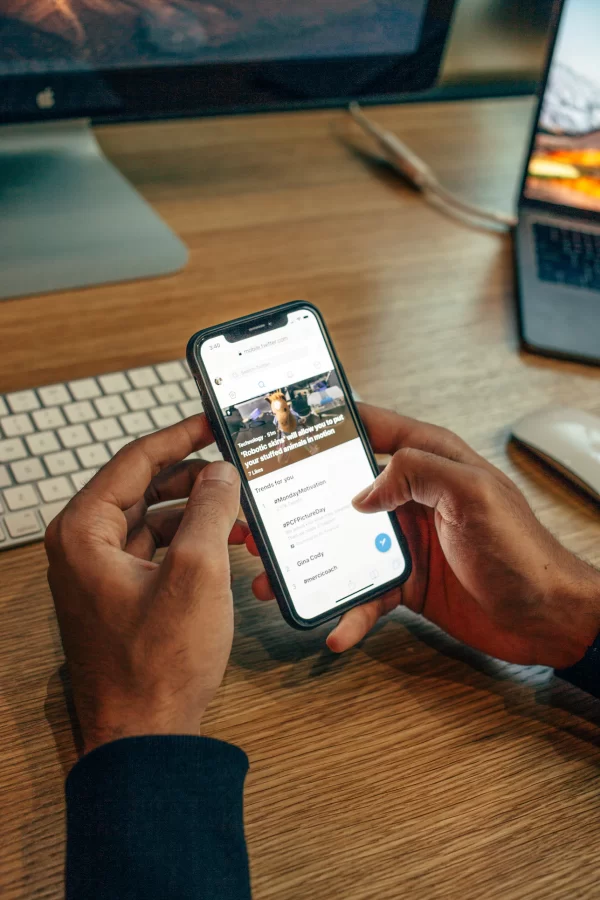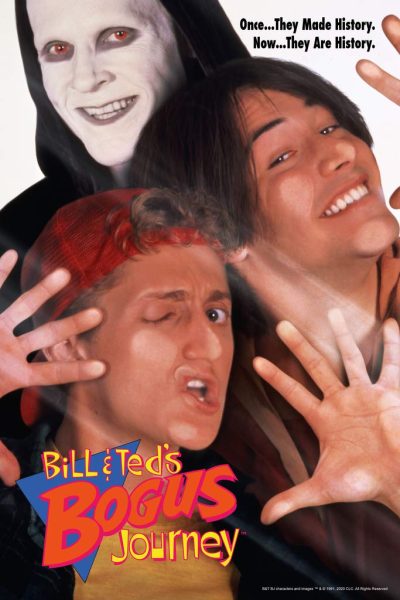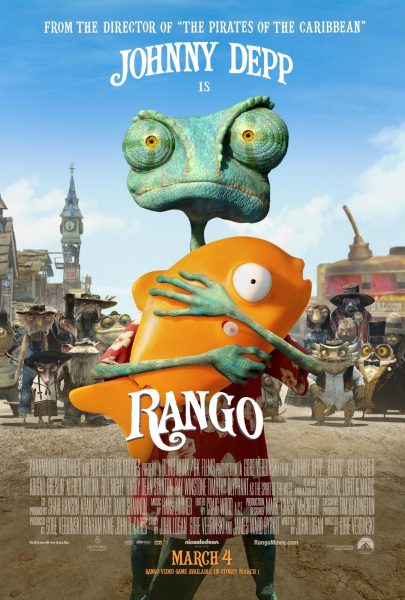Social Media Addiction and Its Consequences
Person Scrolling Through Social Media
Social media has become the newest trend to take the world by storm, and why wouldn’t it be? With over 4.5 billion worldwide using some form of social media, it’s become a modern solution to virtually anybody’s communication problems. Gone are the days of having to write letters and make landline phone calls to that one friend that’s a couple states away – now, you can simply send them a quick text message or a DM on Instagram.
The benefits don’t stop there – along with fast and easy communication, social media also offers its big platforms to people who are in need, people who want to connect with others that share their interests, or people who just want simple entertainment – which is what social media is great at. But unfortunately, too much of a good thing can be dangerous, and social media is a prime example of that.
Social media addiction is a growing pandemic that is affecting millions of people, but especially younger groups. According to a 2019 survey, nearly 40% of people aged 18-22 reported being addicted to social media.
It has even gotten to the point of being compared to such addictions as alcohol or drugs – which isn’t too far out. People who have this addiction exhibit behaviors similar to people on the extreme side of the addiction spectrum: dependency.
Most social media today has been watered down to quick 15-second videos, which can seem harmless, but in the long run can have dangerous effects on a person’s mental health. According to an article by Lee Health, “For some users of social media, their brains may increase dopamine when they engage with Facebook, Snapchat, Instagram, or other social media. When a user receives a like, a retweet, or an emoticon reaction, the brain receives a flood of dopamine and sends it along the reward pathways.” Dopamine, otherwise known as the ‘feel-good’ chemical, does exactly what it sounds like: it makes you feel good.
Social media is commonly used as a coping mechanism or a distraction for people who don’t have other sources of happiness and connectivity in their lives. They might get stuck in that cycle of reward and positive emotions, something that they don’t usually have. The feeling one gets from dopamine, the rush – it’s addicting. They become dependent on it to provide those feel-good chemicals. While these rushes do feel good for a moment, the addictive aspect of it can lead to detrimental consequences.
Social media can actually make one’s mental health issues worse. Consuming excessive amounts of content about others’ seemingly picture-perfect lives can leave a person feeling insufficient about themselves and their own life. This could lead to feeling pressured to change themselves to become prettier, skinnier, or whatever impossible beauty standard they are trying to achieve. Somebody who is stuck in this vicious cycle may be prone to even darker issues like enhanced anxiety or depression.
Excessive social media users also tend to become even more isolated with social media, rather than without. Going back to the dopamine addiction, users may prioritize likes and reposts rather than one-on-one interaction. The validation users receive from hundreds of people liking their posts could act as a replacement in their eyes – another harmful effect of overuse.
In this day and age, it may seem almost impossible to simply unplug from your socials and focus on the world around you, but it isn’t. Instead of killing time by scrolling around TikTok or Instagram, try finding something productive to do, like reading, writing, or catching up with a friend. Like any addiction, getting away and breaking old habits is difficult, but it is never impossible.
Your donation will support the student journalists of Canyon High School. Your contribution will allow us to pay for our print issue magazine, website, and equipment costs.

Joey Gray is a writer, A&E/News section editor, and assistant to the current editors-in-chief for Canyon High School’s journalism program, The Pony...






